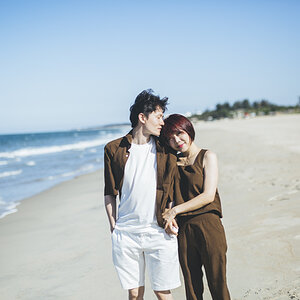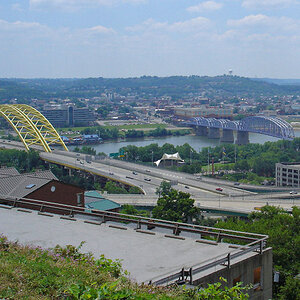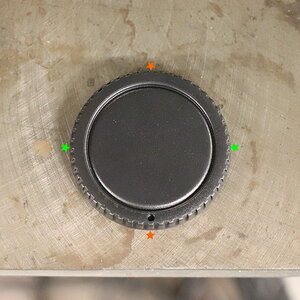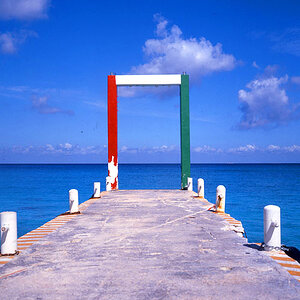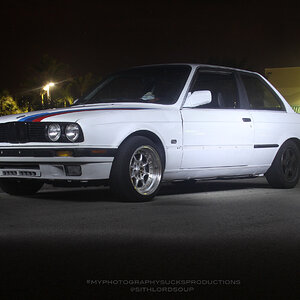bash721
TPF Noob!
- Joined
- Jul 25, 2012
- Messages
- 2
- Reaction score
- 0
- Can others edit my Photos
- Photos NOT OK to edit
A friend an I recently went to a shoot to an old theater that had been closed for a few years to get some urban decay photos. We had been on a few shoots in the past in the same type setting and it felt like the creative juices were flowing the whole time and we ended up with some great shots however on this day it kind of fizzled. So how do you mentally prepare for a shoot where you can't expect the location. And when on location and you can't get the shot your after do you have any tips to counteract this and make the most of it? Thanks!
First time poster, happy to be here!
First time poster, happy to be here!




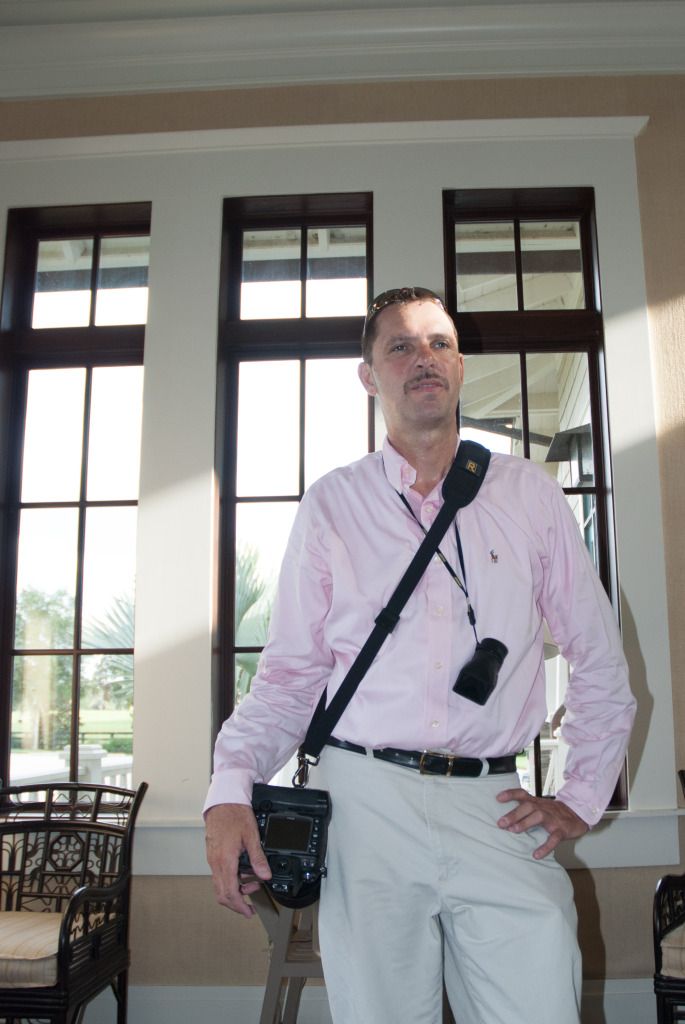
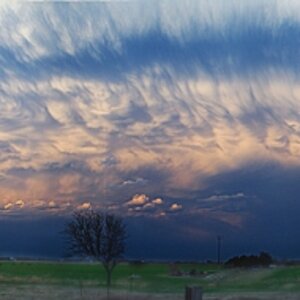


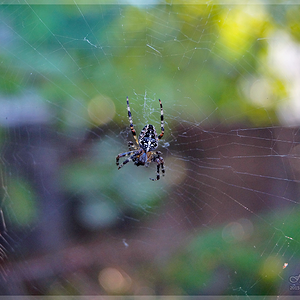
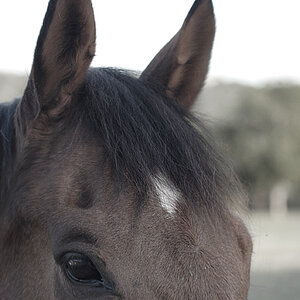
![[No title]](/data/xfmg/thumbnail/34/34343-b06994e286a2089b404358d95c37eaf0.jpg?1619736378)
